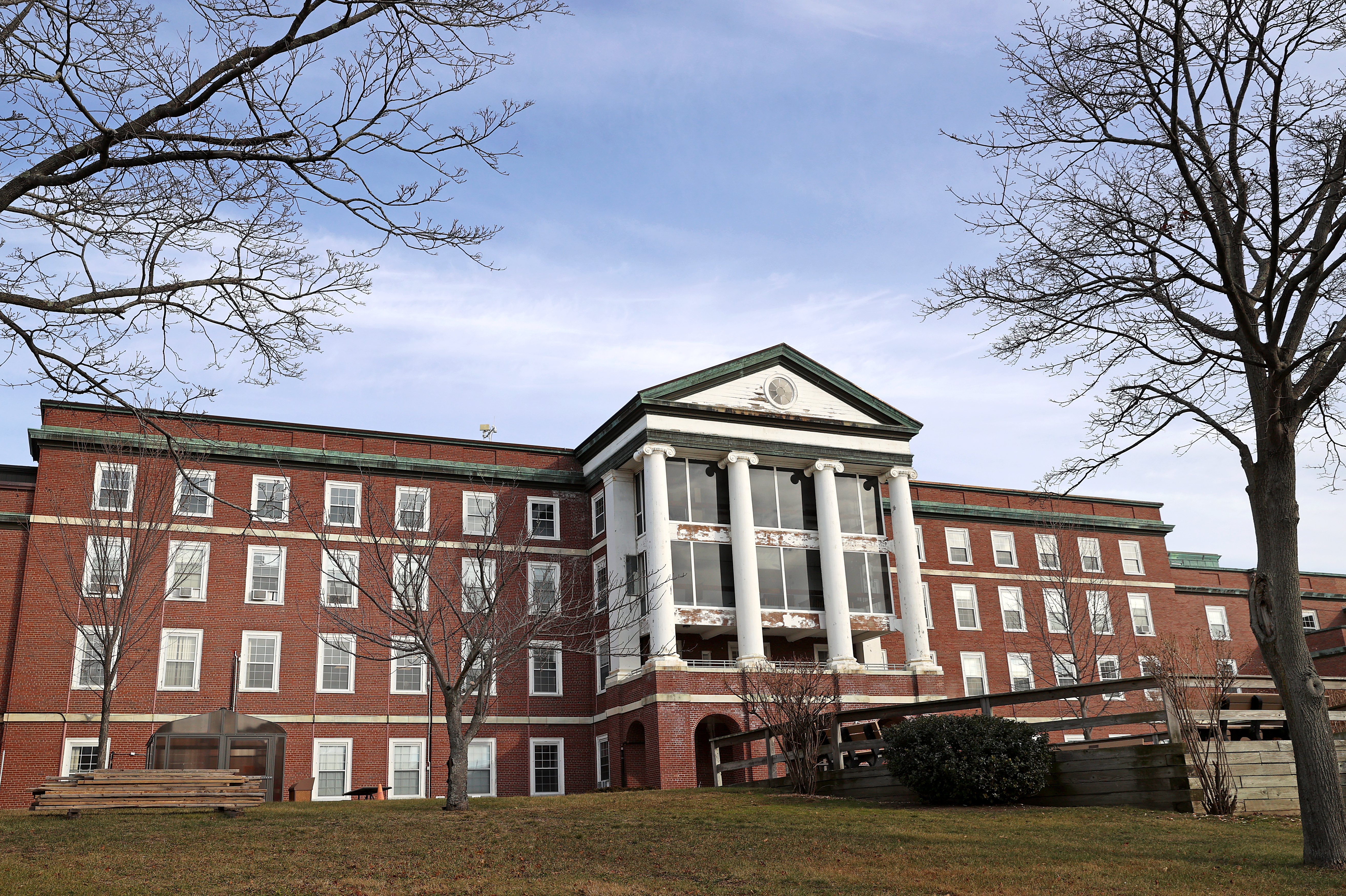The Army-Navy game is a sporting spectacle brimming passionately with patriotism and pageantry, and for the first time ever, it was played in Massachusetts.
In the stands at Gillette Stadium on Saturday was the state's first ever secretary of Veteran Services, a new cabinet-level position in the Healy administration: Jon Santiago.
In the lead-up to the game, NBC10 Boston caught up with Santiago to talk about what the Bay State can do to help address racial disparities in the federal system. We walked with him through a veterans exhibit at Memorial Hall inside the Massachusetts State House called, "The Many Faces of Veterans."
"What we wanted to do was highlight the vast, diverse experiences of the veteran community," he said.
Get New England news, weather forecasts and entertainment stories to your inbox. Sign up for NECN newsletters.
Santiago is also a physician and still works the emergency room at Boston Medical Center. He says that background makes him acutely aware of racial disparities in healthcare.
Through a public records request, NBC News received over 17 million records from the Department of Veteran Affairs that detail disability claims going back twenty years. Since 2003, Black veterans have been denied at a higher rate than white veterans every single year.
Even though Massachusetts doesn't have denial rates as high as most states, there's still disparity. In the last 20 years, Black veterans, like Heywood Fennell of Boston, had their disability claims denied 20% of the time compared to white veterans who had their claims denied 18% of the time.
"They won't go to the VA because they don't trust the VA," said Fennel. "And the VA doesn't listen in terms of how do we develop a bridge to our veterans to help them and not make them feel that they don't belong there?"
In July, the Government Accountability Office released a report that found that, between the years 2010 and 2020, Black veterans had the lowest approval rate for disability claims among all racial and ethnic groups.
Black veterans' approval rate for disability claims was 61% compared to 75% for white veterans. The report includes possible factors for the disparities, claiming veterans from disadvantaged racial and ethnic groups may not have the proper medical records needed to file a claim, and that they may be unaware that veterans service organizations can help them submit their claims.
"It's terribly disappointing, but it's not surprising." Santiago said. "The issues of inequity are so systemic. They pervade the government, they pervade society, they're everywhere."
He believes it's not only up to the federal VA system to address inequity.
"To me, it begins with listening, listening to the veterans who have been impacted by this and how do we get to more inclusive service delivery?" he said.
Last month, Gov. Maura Healey submitted bill H4172, An Act Honoring, Empowering, and Recognizing our Servicemembers and Veterans, also known as "The Hero Act." The bill in part aims to address inequity for veterans based on race and sexual orientation.
The bill has been sent to the committee on veterans and federal affairs and is waiting on a hearing.
Vincent Ng, director of the Boston VA Healthcare System, sent us this statement from our original story last month:
It's our mission at VA Boston Healthcare System to provide exceptional care and benefits to all Veterans - no matter their age, race, ethnicity, gender, religion, disability, or sexual identity. If you're a Veteran who believes that you're not getting the care and benefits you deserve - or if you believe you have been discriminated against for any reason - please contact our patient advocates or our minority, women or LGBTQ+ Veteran care coordinators, whose contact information can be found on our website, www.boston.va.gov. These advocates work with our Diversity, Equity and Inclusion Committee, and leadership to help ensure a welcoming environment of care for all our Veterans, visitors, and employees. We assure any Veteran who reaches out that we will do everything in our power to get them the health care and benefits they've earned.
VA Boston regularly surveys Veterans to gauge trust that VA will fulfill their health care needs and our country's commitment to them and their families. Our trust scores consistently demonstrate that Veterans of all backgrounds have trust in VA Boston HCS. Our overall trust rating from the most recent digital surveys, tracked over 12 months through Nov. 6, 2023, was 92.7 out of 100, and our rating with Black or African American Veterans was 94. Moving forward, we will continue to work to build trust with Black Veterans and all Veterans - and stop at nothing to provide these heroes with the world-class care they deserve.
NBC10 Boston also caught up with U.S. Veterans Affairs Secretary Denis McDonough on Friday while he was in town for the Army-Navy game. He helped open a cutting-edge veterans home in Chelsea.
"This is a very unique facility and that we hope will be not only emulated across the Commonwealth, but across the country," McDonough said.
In March, he announced the creation of an equity team that will be responsible for investigating and eliminating racial disparities inside the agency.
"You don't need to pay a lawyer to get your benefits. Those are your benefits. You've earned them. So, work with us," said McDonough. "Work with those state veteran service officers, county veteran service officers. Make sure that we're in a position to serve you. You don't have to pay anybody to do that. We're ready to do that with you."
Santiago said the veteran service officers don't work for the state. They work for the city and town but are key in creating partnership and outreach.
While Santiago calls Massachusetts a leader in caring for veterans, he acknowledges there's still a long way to go to.
"When you go talk to folks like Haywood Fennell who have been disenfranchised," Santiago said, "if they can come back to you and say, 'Here at the Executive Office of Veteran Services, our work with them was easier. They took my complaints, my concerns seriously, the advocated for me,' that's my goal."



